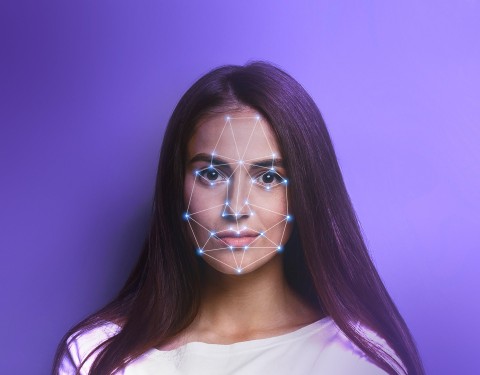
Biometric Verification Isn't Infallible: MP High Court Upholds Human Rights Over Tech Errors
The Madhya Pradesh High Court recently ruled that a person's legal and fundamental rights cannot be denied due to biometric verification failure. Justice Subodh Abhyankar emphasized that a machine's inability to recognize someone shouldn't override their identity or rightful claims.
The case involved Vinod Kumar Meena, whose job application at Life Insurance Corporation of India (LIC) was rejected after biometric mismatches during onboarding. Meena had successfully cleared the examination, and his biometrics were verified during entry by Tata Consultancy Services (TCS). However, a mismatch occurred during exit verification. Despite being shortlisted, his biometric verification failed again during document verification, leading to his rejection.
The court observed that while biometric verification is essential for ensuring a fair selection process, it is not always reliable. Justice Abhyankar stated that procedure should serve justice, not dominate it, and ruled that a person's identity should not be determined solely by a machine. Instead, identity verification should be conducted using official documents like Aadhaar Card, PAN Card, driving license, and passport.
LIC was directed to verify Meena’s identity through his documents and issue his appointment letter within four weeks.
This ruling sets a significant precedent in cases where technical failures impact fundamental rights.
Similar case involving biometric technology was observed in the United Kingdom in a case involving the UK Home Office, where a biometric mismatch led to the wrongful denial of a visa application. The court ruled that biometric errors should not be the sole basis for rejecting an applicant and ordered a review using alternative identity verification methods.
In United States, a federal court ruled against a state agency that denied unemployment benefits due to facial recognition failures. The court emphasized that biometric systems are prone to errors and cannot override documentary evidence proving identity.
















 IndianWeb2.com is an independent digital media platform for business, entrepreneurship, science, technology, startups, gadgets and climate change news & reviews.
IndianWeb2.com is an independent digital media platform for business, entrepreneurship, science, technology, startups, gadgets and climate change news & reviews.



